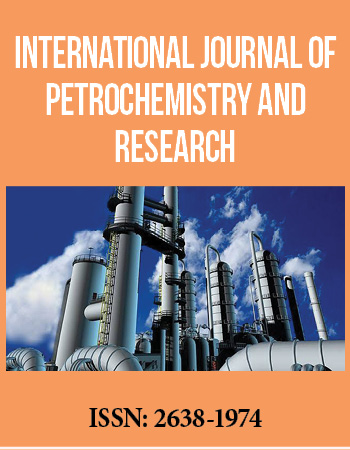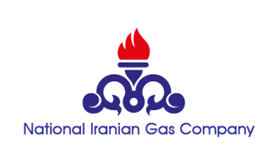International Conference on Oil, Gas and Petrochemistry
April 3-5, 2017 Dubai, UAE
Strategy for the simulation of multi-component gas separation using a single-stage membrane module
Libyan Petroleum Institute, Libya
Membrane gas separation process is conceptually simple, however; when solving the equations that govern the flux through a membrane, convergence problems appear, especially at low permeate to feed pressure ratios and high stage cuts (ratio of permeate flow rate to feed flow rate). In the literature, different solutions have been proposed to overcome the convergence problems. However, there is still a need for a stable and computationally efficient approach for solving the system equations for multicomponent mixtures in various configurations of the membrane module.
This work introduces a robust solution strategy to solve the resulting set of equations. In the solution strategy, Newton method and Runge-Kutta method are used to solve the mass balance equations. The permeate mole fractions are bounded and the local error for the Runge-Kutta method is adjusted to avoid obtaining unfeasible solutions. The predictive accuracy of the proposed solution strategy is verified by comparing the obtained results with experimental and published data. Results show that the proposed solution strategy provides fast and accurate prediction of the membrane performance at various operating conditions and flow configurations.
The proposed solution strategy, which is presented in this work, is useful for an analysis of the degrees of freedom in a membrane separation process and to evaluate the separation performance in membrane-assisted separation processes.
Biography:
Asma Etoumi is currently working for the Libyan Petroleum Institute, Tripoli, Libya. Asma Etoumi joined the department of biotechnology as a researcher in 2003 and after that he moved to the department of process engineering in 2007. He received the B.E. and MS.c. in Chemical Engineering from Tripoli University, in 1998 and 2004 respectively, and the PhD degree, in 2014, from the University of Manchester (Centre for Process Integration/School of Chemical Engineering and Analytical Science), U k.
His current research interest includes separation process design and optimization, membrane gas separation system, and refrigeration system.



